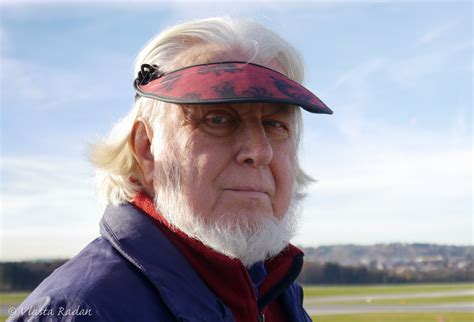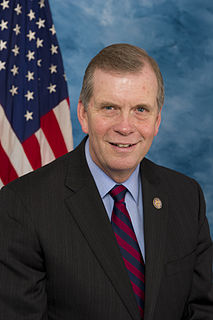A Quote by Robert McNamara
That's one of the major lessons: no president should ever take this nation to war without full public debate in the Congress and/or in the public.
Related Quotes
WASHINGTON - Ever since President Obama ordered American warplanes to begin bombing terrorist targets in Iraq and Syria last year, members of Congress have insisted on having a say in the matter. The president, they declared, could not, or at least should not, take the country back to war without the input of the nation's elected representatives.
Public virtue cannot exist in a nation without private, and public virtue is the only foundation of republics. There must be a positive passion for the public good, the public interest, honour, power and glory, established in the minds of the people, or there can be no republican government, nor any real liberty: and this public passion must be superiour to all private passions.
We are organising our enemies into a formidable force, we are The US public has turned against the war, the Republicans and Democrats have turned against the war. And so when the American public turns against the war and the Congress turns against the war, it suggests that Americans feel we cannot win that war in those conditions. So the Iraqi Commission says, "Well, we can't win this war militarily, we need to reassess potential allies." There's Syria, there's Iran.
The president has a right to discuss his national security policies with the public. But that should be done in the light of day without endangering our sources or methods. The public has no need to know details about intelligence assets or special operations units. Such disclosures endanger those who protect us.



































